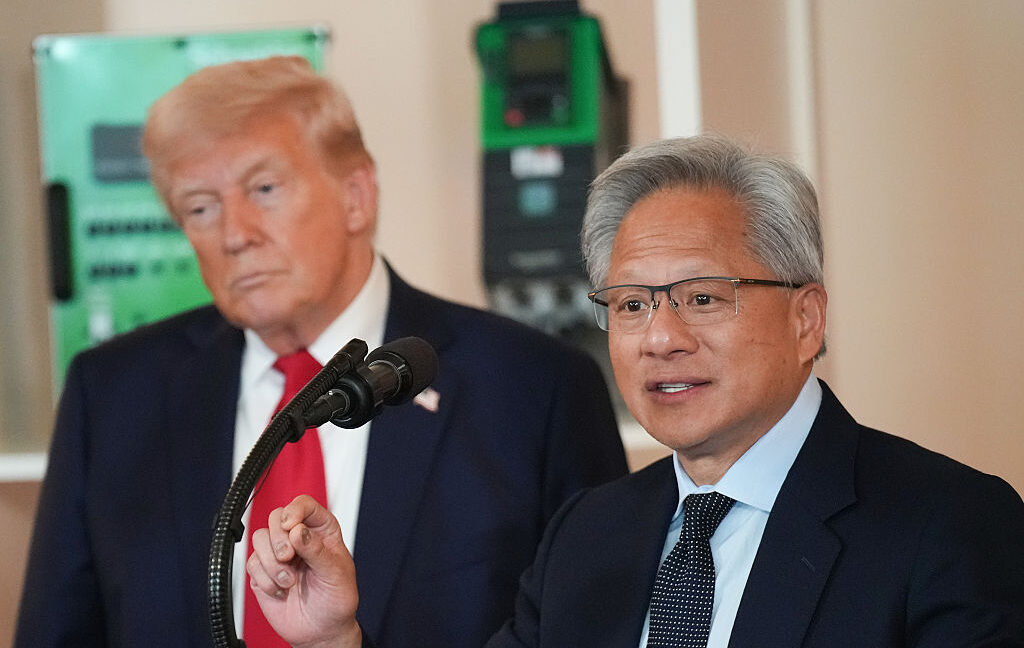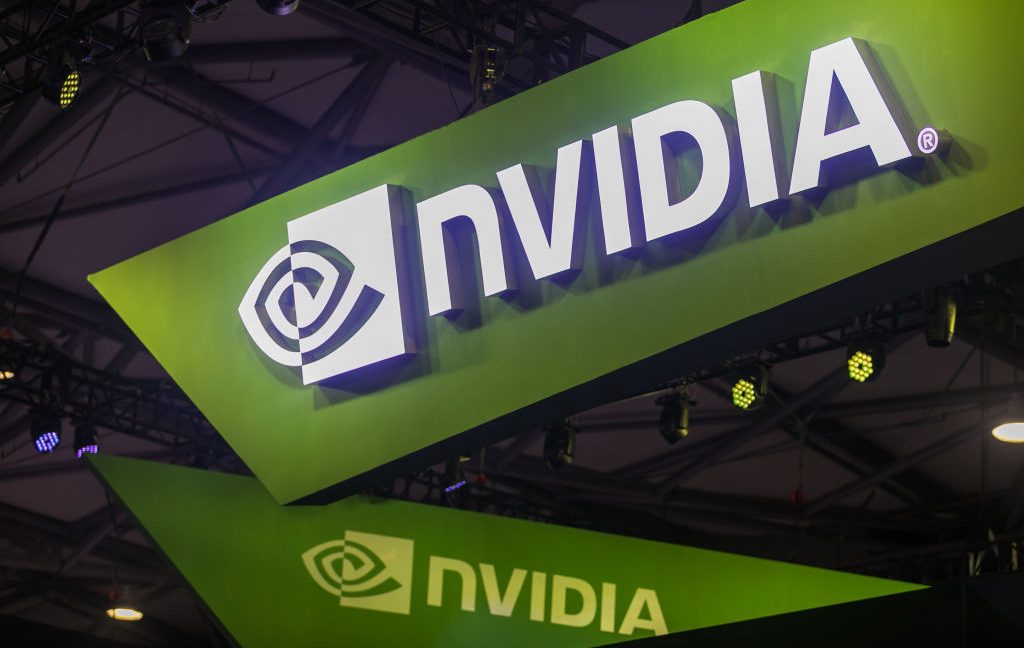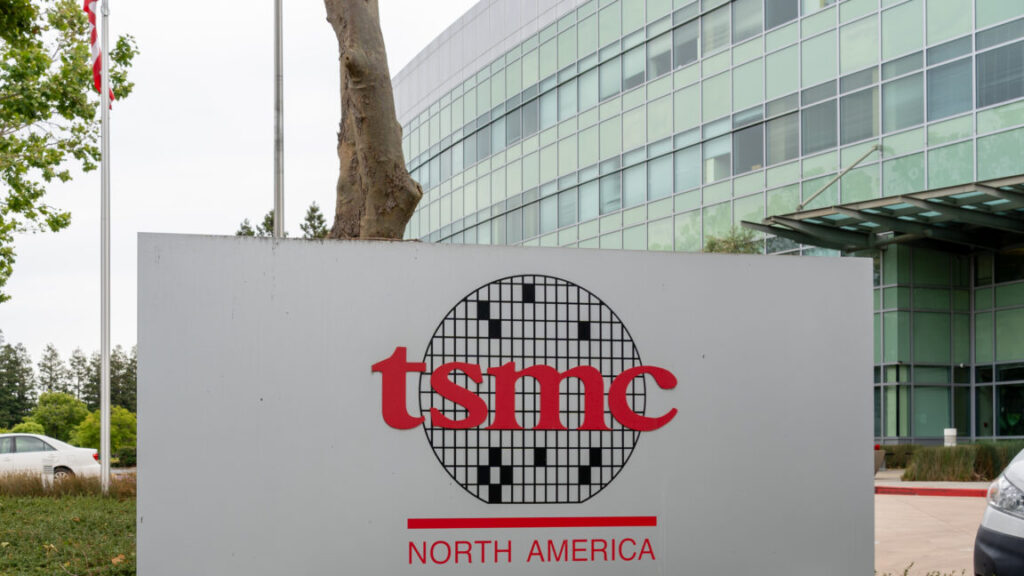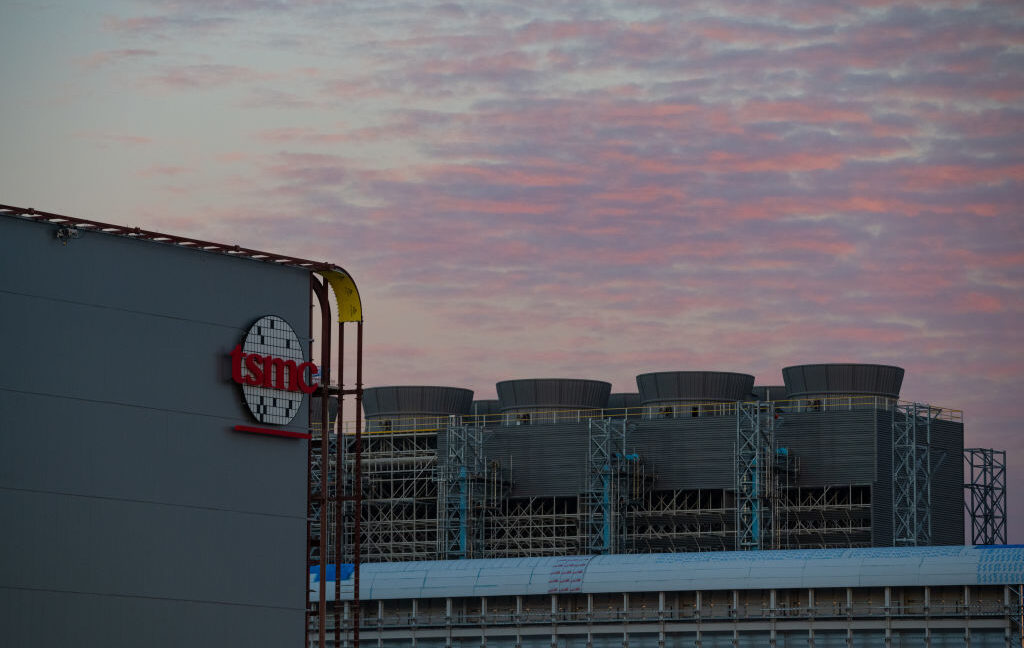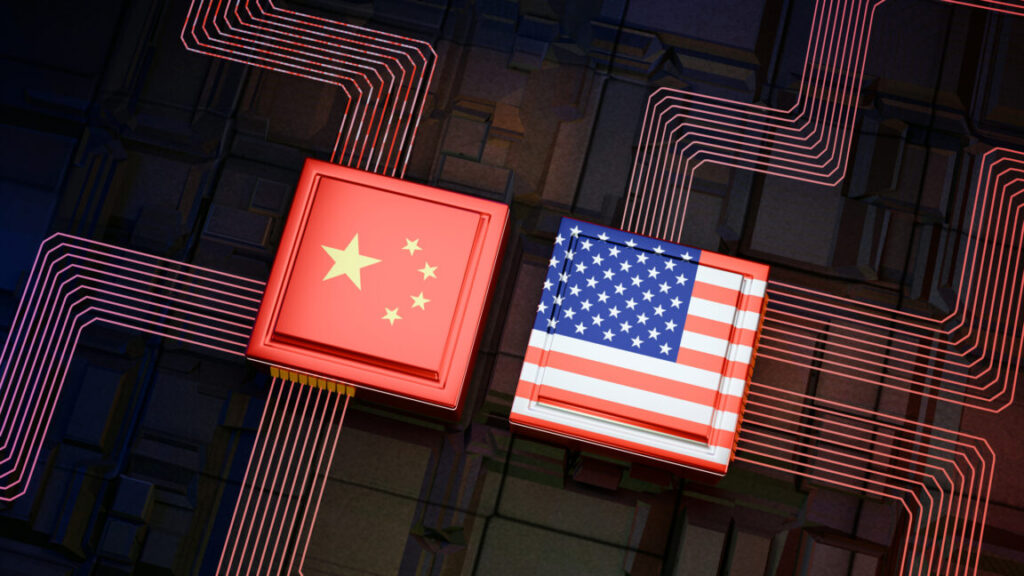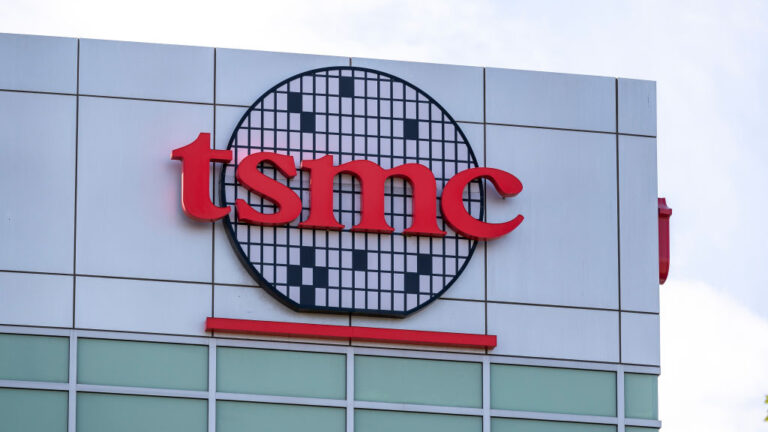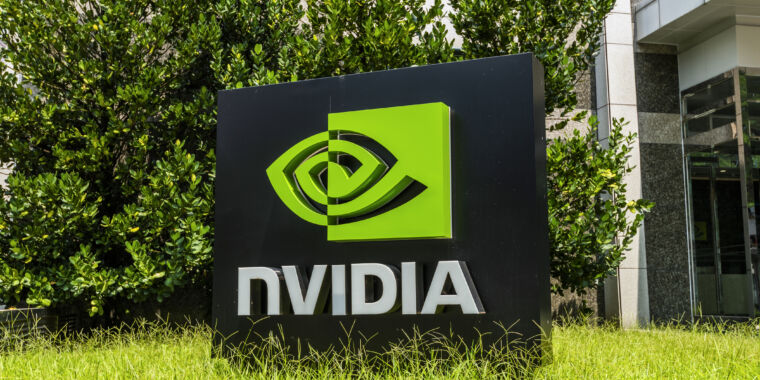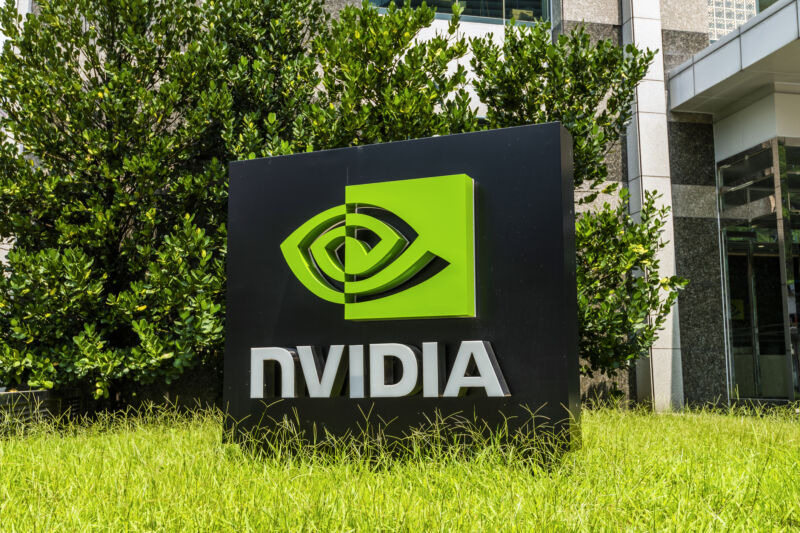At $250 million, top AI salaries dwarf those of the Manhattan Project and the Space Race
A 24 year-old AI researcher will earn 327x what Oppenheimer made while developing the atomic bomb.
Silicon Valley’s AI talent war just reached a compensation milestone that makes even the most legendary scientific achievements of the past look financially modest. When Meta recently offered AI researcher Matt Deitke $250 million over four years (an average of $62.5 million per year)—with potentially $100 million in the first year alone—it shattered every historical precedent for scientific and technical compensation we can find on record. That includes salaries during the development of major scientific milestones of the 20th century.
The New York Times reported that Deitke had cofounded a startup called Vercept and previously led the development of Molmo, a multimodal AI system, at the Allen Institute for Artificial Intelligence. His expertise in systems that juggle images, sounds, and text—exactly the kind of technology Meta wants to build—made him a prime target for recruitment. But he’s not alone: Meta CEO Mark Zuckerberg reportedly also offered an unnamed AI engineer $1 billion in compensation to be paid out over several years. What’s going on?
These astronomical sums reflect what tech companies believe is at stake: a race to create artificial general intelligence (AGI) or superintelligence—machines capable of performing intellectual tasks at or beyond the human level. Meta, Google, OpenAI, and others are betting that whoever achieves this breakthrough first could dominate markets worth trillions. Whether this vision is realistic or merely Silicon Valley hype, it’s driving compensation to unprecedented levels.
To put these salaries in a historical perspective: J. Robert Oppenheimer, who led the Manhattan Project that ended World War II, earned approximately $10,000 per year in 1943. Adjusted for inflation using the US Government’s CPI Inflation Calculator, that’s about $190,865 in today’s dollars—roughly what a senior software engineer makes today. The 24-year-old Deitke, who recently dropped out of a PhD program, will earn approximately 327 times what Oppenheimer made while developing the atomic bomb.
Many top athletes can’t compete with these numbers. The New York Times noted that Steph Curry’s most recent four-year contract with the Golden State Warriors was $35 million less than Deitke’s Meta deal (although soccer superstar Cristiano Ronaldo will make $275 million this year as the highest-paid professional athlete in the world). The comparison prompted observers to call this an “NBA-style” talent market—except the AI researchers are making more than NBA stars.
Racing toward “superintelligence”
Mark Zuckerberg recently told investors that Meta plans to continue throwing money at AI talent “because we have conviction that superintelligence is going to improve every aspect of what we do.” In a recent open letter, he described superintelligent AI as technology that would “begin an exciting new era of individual empowerment,” despite declining to define what superintelligence actually is.
This vision explains why companies treat AI researchers like irreplaceable assets rather than well-compensated professionals. If these companies are correct, the first to achieve artificial general intelligence or superintelligence won’t just have a better product—they’ll have technology that could invent endless new products or automate away millions of knowledge-worker jobs and transform the global economy. The company that controls that kind of technology could become the richest company in history by far.
So perhaps it’s not surprising that even the highest salaries of employees from the early tech era pale in comparison to today’s AI researcher salaries. Thomas Watson Sr., IBM’s legendary CEO, received $517,221 in 1941—the third-highest salary in America at the time (about $11.8 million in 2025 dollars). The modern AI researcher’s package represents more than five times Watson’s peak compensation, despite Watson building one of the 20th century’s most dominant technology companies.
The contrast becomes even more stark when considering the collaborative nature of past scientific achievements. During Bell Labs’ golden age of innovation—when researchers developed the transistor, information theory, and other foundational technologies—the lab’s director made about 12 times what the lowest-paid worker earned. Meanwhile, Claude Shannon, who created information theory at Bell Labs in 1948, worked on a standard professional salary while creating the mathematical foundation for all modern communication.
The “Traitorous Eight” who left William Shockley to found Fairchild Semiconductor—the company that essentially birthed Silicon Valley—split ownership of just 800 shares out of 1,325 total when they started. Their seed funding of $1.38 million (about $16.1 million today) for the entire company is a fraction of what a single AI researcher now commands.
Even Space Race salaries were far cheaper
The Apollo program offers another striking comparison. Neil Armstrong, the first human to walk on the moon, earned about $27,000 annually—roughly $244,639 in today’s money. His crewmates Buzz Aldrin and Michael Collins made even less, earning the equivalent of $168,737 and $155,373, respectively, in today’s dollars. Current NASA astronauts earn between $104,898 and $161,141 per year. Meta’s AI researcher will make more in three days than Armstrong made in a year for taking “one giant leap for mankind.”
The engineers who designed the rockets and mission control systems for the Apollo program also earned modest salaries by modern standards. A 1970 NASA technical report provides a window into these earnings by analyzing salary data for the entire engineering profession. The report, which used data from the Engineering Manpower Commission, noted that these industry-wide salary curves corresponded directly to the government’s General Schedule (GS) pay scale on which NASA’s own employees were paid.
According to a chart in the 1970 report, a newly graduated engineer in 1966 started with an annual salary of between $8,500 and $10,000 (about $84,622 to $99,555 today). A typical engineer with a decade of experience earned around $17,000 annually ($169,244 today). Even the most elite, top-performing engineers with 20 years of experience peaked at a salary of around $278,000 per year in today’s dollars—a sum that a top AI researcher like Deitke can now earn in just a few days.
Why the AI talent market is different

This isn’t the first time technical talent has commanded premium prices. In 2012, after three University of Toronto academics published AI research, they auctioned themselves to Google for $44 million (about $62.6 million in today’s dollars). By 2014, a Microsoft executive was comparing AI researcher salaries to NFL quarterback contracts. But today’s numbers dwarf even those precedents.
Several factors explain this unprecedented compensation explosion. We’re in a new realm of industrial wealth concentration unseen since the Gilded Age of the late 19th century. Unlike previous scientific endeavors, today’s AI race features multiple companies with trillion-dollar valuations competing for an extremely limited talent pool. Only a small number of researchers have the specific expertise needed to work on the most capable AI systems, particularly in areas like multimodal AI, which Deitke specializes in. And AI hype is currently off the charts as “the next big thing” in technology.
The economics also differ fundamentally from past projects. The Manhattan Project cost $1.9 billion total (about $34.4 billion adjusted for inflation), while Meta alone plans to spend tens of billions annually on AI infrastructure. For a company approaching a $2 trillion market cap, the potential payoff from achieving AGI first dwarfs Deitke’s compensation package.
One executive put it bluntly to The New York Times: “If I’m Zuck and I’m spending $80 billion in one year on capital expenditures alone, is it worth kicking in another $5 billion or more to acquire a truly world-class team to bring the company to the next level? The answer is obviously yes.”
Young researchers maintain private chat groups on Slack and Discord to share offer details and negotiation strategies. Some hire unofficial agents. Companies not only offer massive cash and stock packages but also computing resources—the NYT reported that some potential hires were told they would be allotted 30,000 GPUs, the specialized chips that power AI development.
Also, tech companies believe they’re engaged in an arms race where the winner could reshape civilization. Unlike the Manhattan Project or Apollo program, which had specific, limited goals, the race for artificial general intelligence ostensibly has no ceiling. A machine that can match human intelligence could theoretically improve itself, creating what researchers call an “intelligence explosion” that could potentially offer cascading discoveries—if it actually comes to pass.
Whether these companies are building humanity’s ultimate labor replacement technology or merely chasing hype remains an open question, but we’ve certainly traveled a long way from the $8 per diem that Neil Armstrong received for his moon mission—about $70.51 in today’s dollars—before deductions for the “accommodations” NASA provided on the spacecraft. After Deitke accepted Meta’s offer, Vercept co-founder Kiana Ehsani joked on social media, “We look forward to joining Matt on his private island next year.”
At $250 million, top AI salaries dwarf those of the Manhattan Project and the Space Race Read More »


